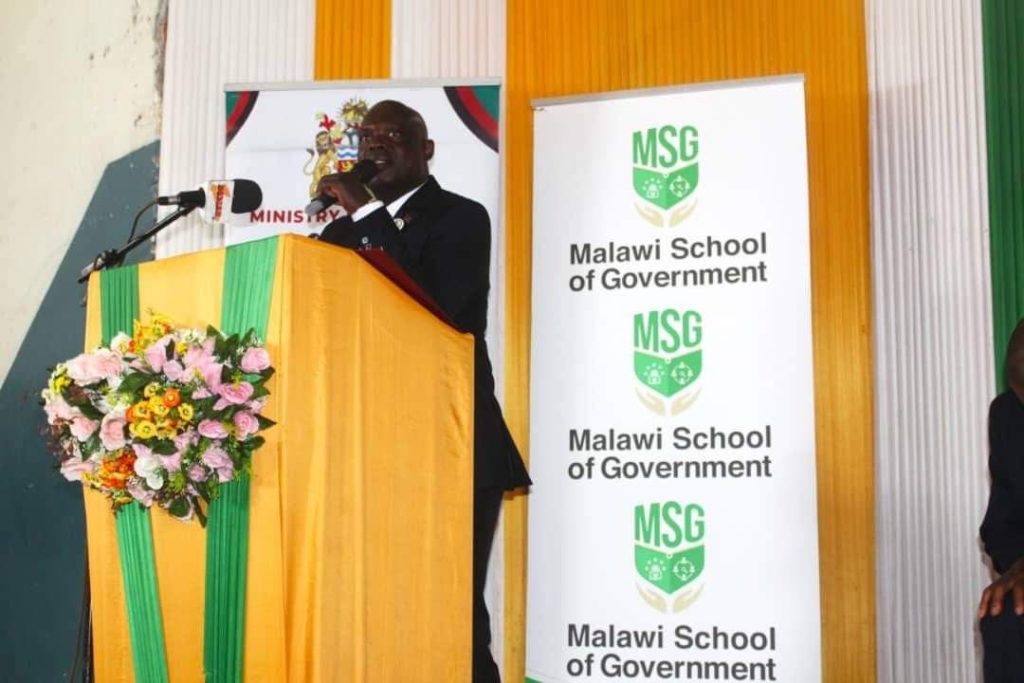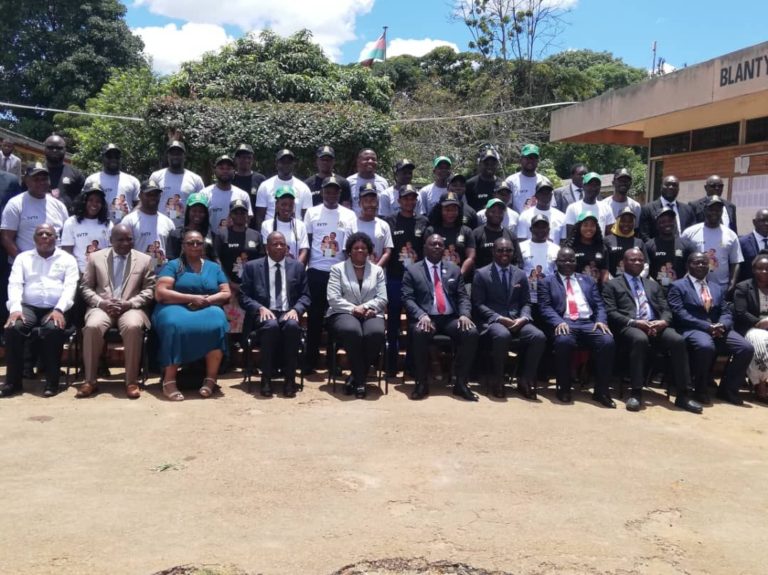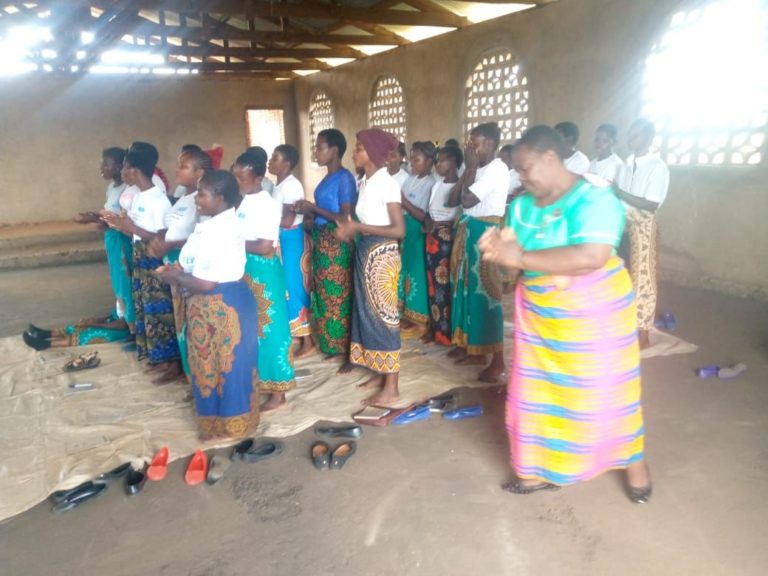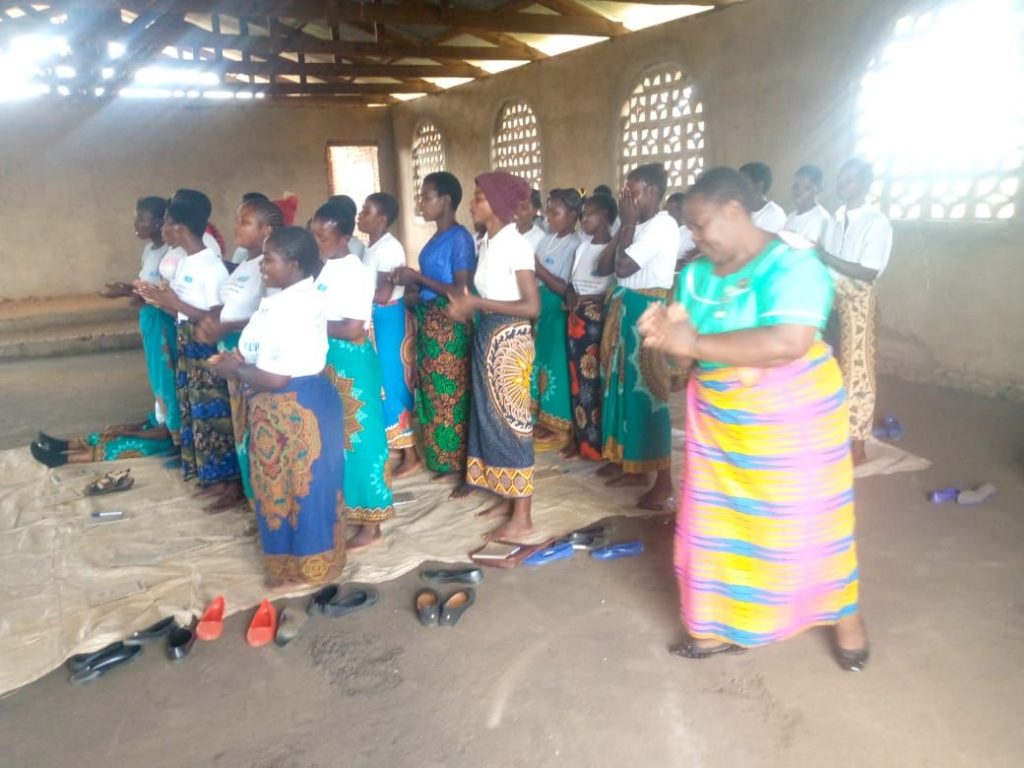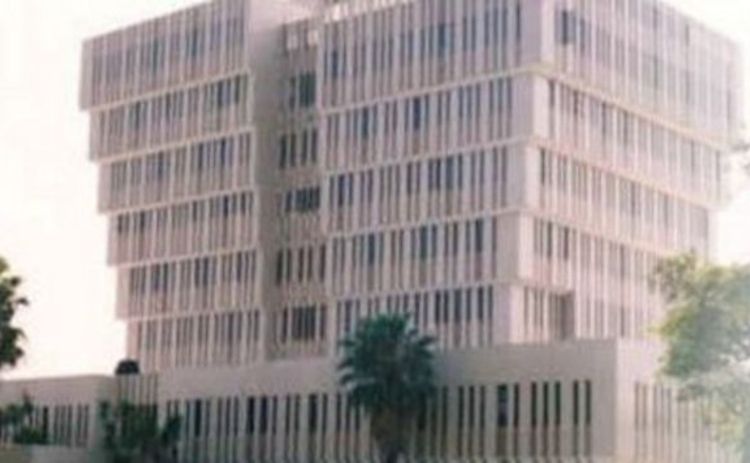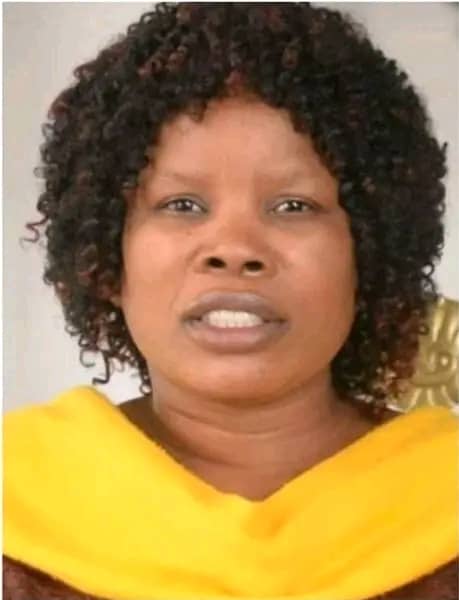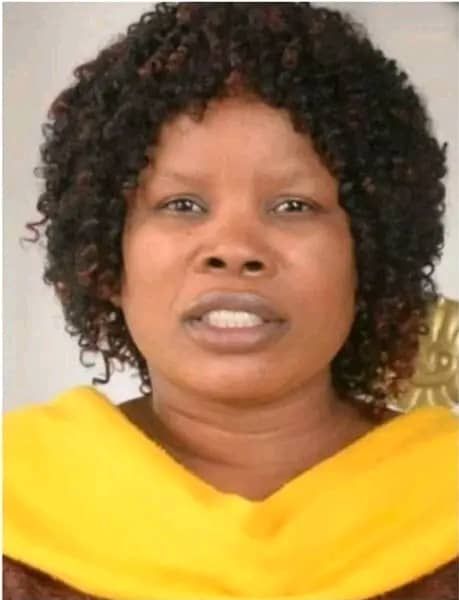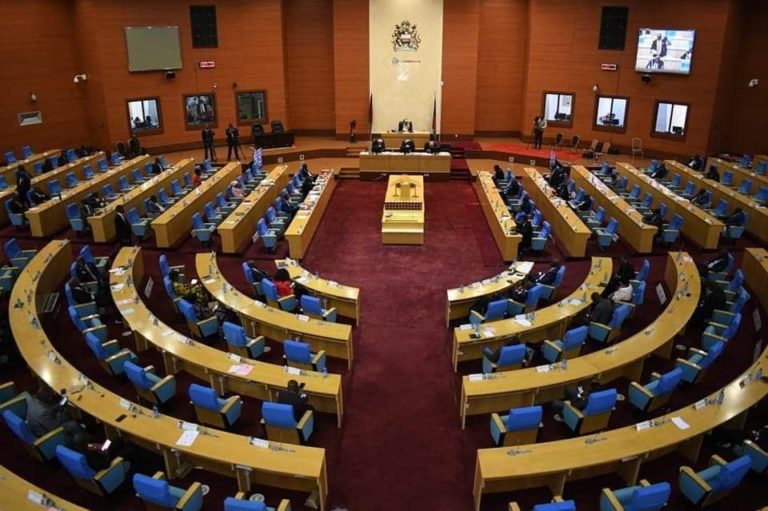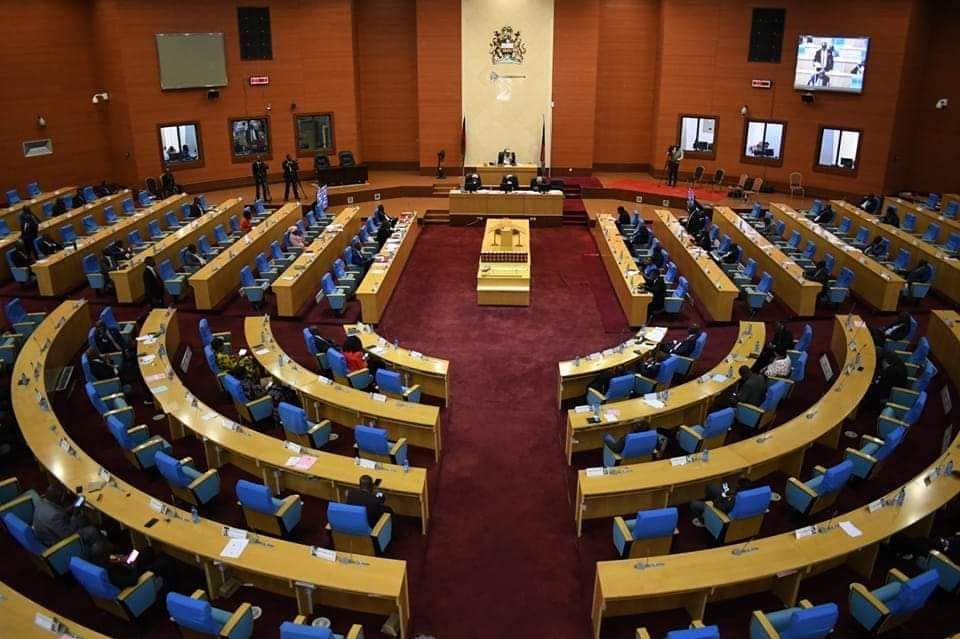By Chisomo Phiri
Nduna yowona zamalo m’dzikolo muno olemekezeka Deus Gumba apempha achinyamata okwana 353 omwe alembedwa ntchito mu undunawu kuti agwire ntchito mwa ukadaulo ndimozipeleka kuti kusamvana pa nkhani zamalo komwe kumachitika m’madera ambiri m’dziko muno kuthe.
A Gumba amayankhula izi lachiwiri mu mzinda wa Blantyre komwe amakhazikitsa maphunziro omwe achinyamatawa akhale akulandira kwa sabata zinayi kuti adziwe zina mwazofunika zomwe angatsate pomwe akugwira ntchito m’boma.
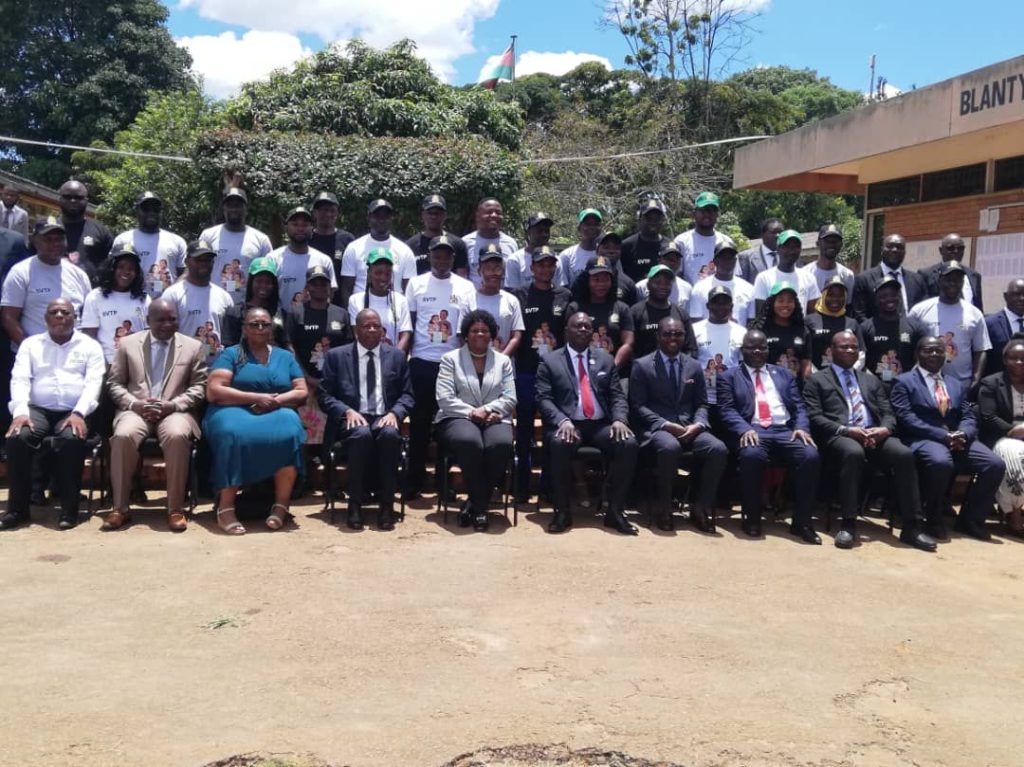
“Kulimilandu yambiri yokhudza malo kunjaku,tiyeni tikagwire ntchito mwa ukadaulo ndimozipeleka kuti izi zikathe m’madera omwe tikakhale tikugwiramo ntchito. Tikudalira inu kuti ndizotheka,” anatero a Gumba.
Iwo anatiso achinyamatawa akepewe mchitidwe waziphuphu pomwe akugwira ntchito zawo poti izi zimabwezeletsa chitukuko m’mbuyo.
“Ziphuphu zimabwezeletsa chitukuko m’mbuyo. Kapeweni kuchita mchitidwe waziphuphu m’magwiridwe anu a ntchito,” anatsindika a Gumba.
Malinga ndi a Gumba, achinyamata 353 omwe boma lalemba mu unduna wawo ndimbali imodzi yoonetsetsa kuti achinyamata akupeza ntchito mdziko muno monga m’tsogoleri wadziko lino Dr. Lazarus Chakwera analonjezera asanalowe m’boma.
M’mawu ake,mkulu wa sukulu ya Malawi School of Government yomwe ikupeleka maphunzirowa kwa achinyamatawa a Professor Asiyati Chiweza anati ayesetsa kuti achimatawa aphunzire ndondomeko zonse zoyenera kutsata pomwe akhale akugwira ntchito m’boma.
“Ngakhale nthawi yoti aphunzire ikuoneka yochepa koma monga akadaulo popeleka maphunziro akagwiridwe kantchito m’boma, tiyesetsa kuti achinyamatawa asulidwe bwino lomwe ndikuti akathe kugwira ntchito bwino ndimotumikira amalawi.
“Ndizambiri ataphunzire kuno, zina mwaizo ndimonga chikhalidwe cha anthu ogwira ntchito m’boma ndi zina zofunika,” anatero a Chiweza.
Mwa achinyamata 353 wa, achinyamata 34 akuyembekezeka kukhala m’makhonsolo a m’maboma onse m’dziko muno pomwe achinyamata okwana 319 akuyembekezeka kumakagwira ntchito zokhudza malo mothandizana ndimafumu akuluakulu m’maboma onse m’dziko muno.
Achinyamatawa anasankhidwa kuchokera boma lililonse m’dziko muno.
